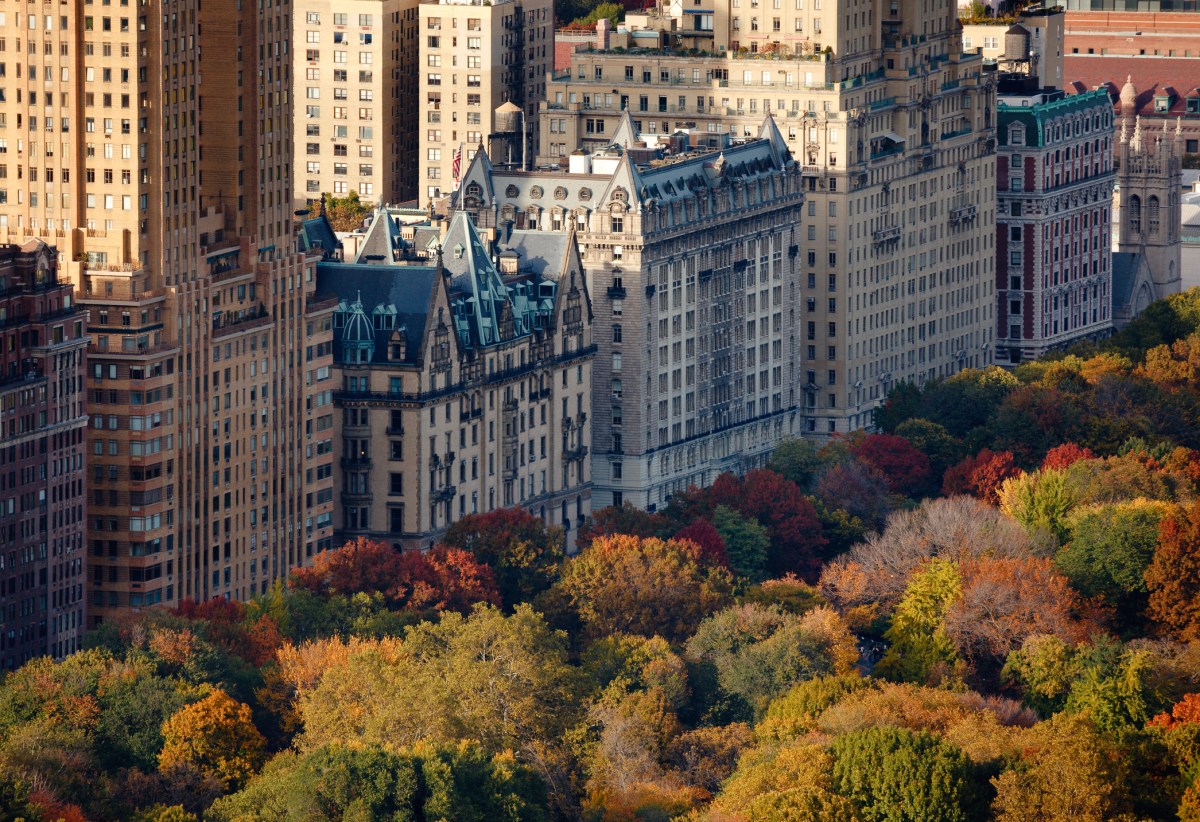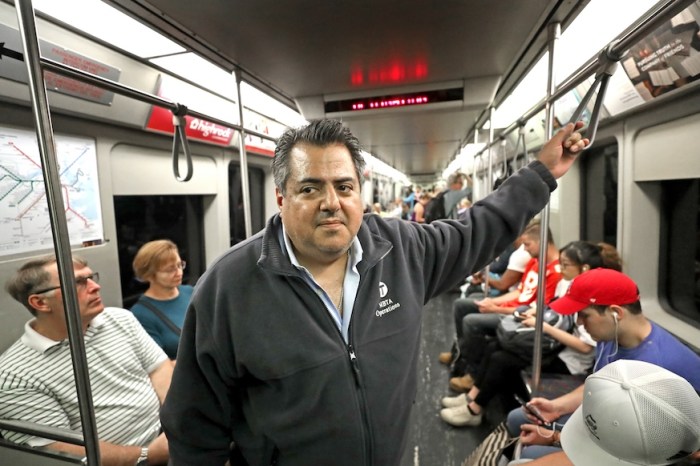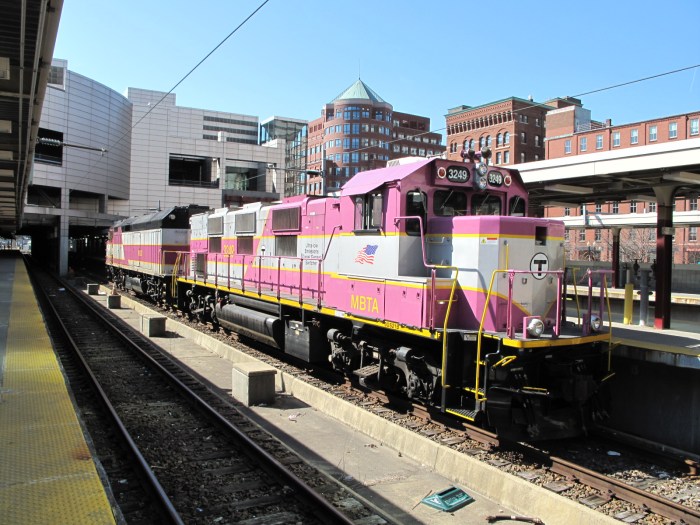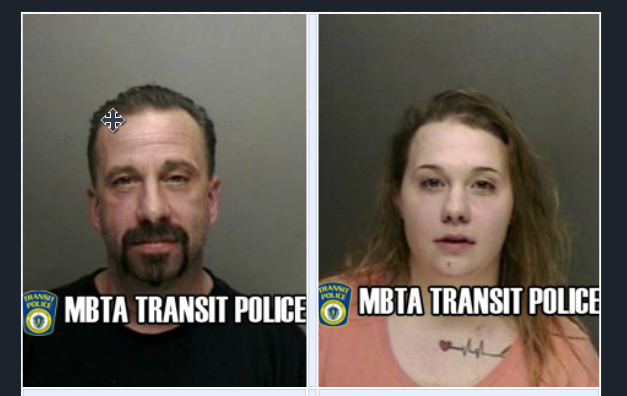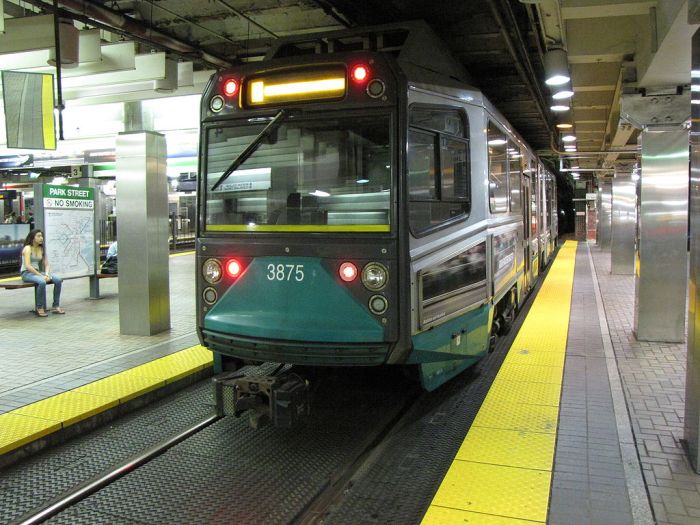As discussion continued over how much the MBTA can legally raise fares in 2016, T riders from several Boston neighborhood planned to make an alternative case on Monday: don’t raise fares at all.
“We don’t think fare increases or cuts are the answer,” said Lee Matsueda, political director for Roxbury-based Alternatives for Community and Environment and former head of the T Riders Union, an ACE program. “We see the need for an alternative.” The MBTA’s governor-appointed oversight board was scheduled to meet Monday at 12:30 p.m.. It had been discussing the possibility of bumping up the cost of entry for the state’s public transit systems, but hadn’t yet taken up a concrete proposal. Advocates told Metro they planned to speak during the public comment portion of the T board’s meeting. Just a handful of advocates appeared at the board’s meeting last week.
RELATED: Mayor Walsh says parking meter fare bump, surge pricing could be on horizonin Boston “Tomorrow has to be about remembering how the fare increase will have an impact on T riders, especially those who are the most vulnerable,” Matsueda said.
Part of the debate right now includes whether a 2013 state law permits the T to raise fares by five or 10 percent on July 1, 2016, the earliest the system would be allowed to hike prices.
Some say the state could increase fares by 10 percent, as the administration of Gov. Charlie Baker and state Transportation Secretary Stephanie Pollack have argued.
Others, among them lawmakers and advocates for the coalition, have said state law limiting fare increases to every two years only allows for a 5 percent increase over those two years, total.
Here’s what the law says: “The authority shall not increase fares at intervals of less than 24 months or at an annual rate greater than 5 per cent.” RELATED: MBTA Transit Police say frequent fare-dodgers not taking heed at turnstiles In a different section it also says if the T wants to increase fares it must create a report about how the agency plans to “limit increases to not more than 5 percent every 24 months.”
Lawmakers and officials interpret the language differently, even among those who drafted the law, according to reporting from the State House News Service.
Senate Transportation Committee Chairman Tom McGee said the bill was intended to cap fare hikes at 5 percent, while House committee Chairman claimed the law lets the T increase fares by 10 percent over the two years, the SHNS reported. The discussion comes as the MBTA grapples with closing a budget gap while also paying for service improvements. Among financial worries, the T expected a $170 million deficit for this fiscal year and projected a $427 million deficit in 2020. It would cost $7.3 billion to complete an MBTA maintenance backlog, a report from the board found. The difference between a five or 10 percent fare increase amounts to a small dent in the problem for the T, Senate President Stan Rosenberg told reporters last week.
RELATED: Government Center murals commuting to new homes
“It’s really the flea on the tail of the dog. The needs of the T and our public transit systems and our road and bridge program are so significant that focusing on the size of the fare increase is really focusing on the wrong question,” Rosenberg said on Wednesday, according to the News Service. He also said, “I think it’s fair to revisit the fare cap.” The MBTA increased fares by an average of 23 percent in 2012, and by an average of 5 percent in 2014.
Right now, the T loses about $2.07 for every ride on public transportation, according to a report from the MBTA board.
T riders to push back on fare hikes Monday
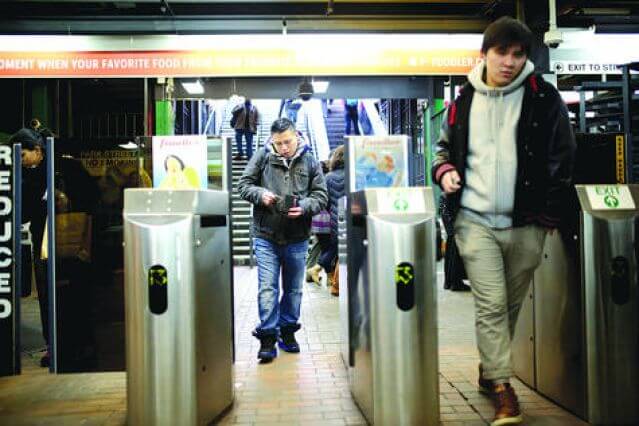
METRO FILE









